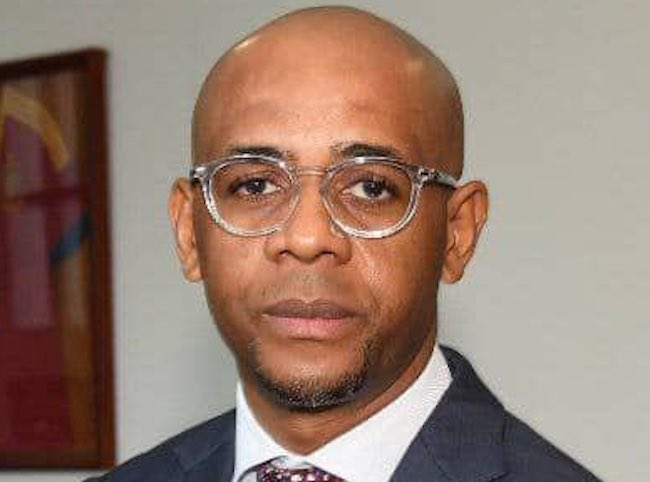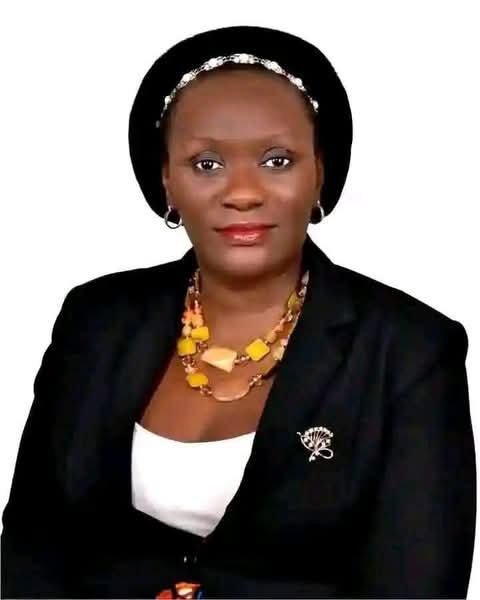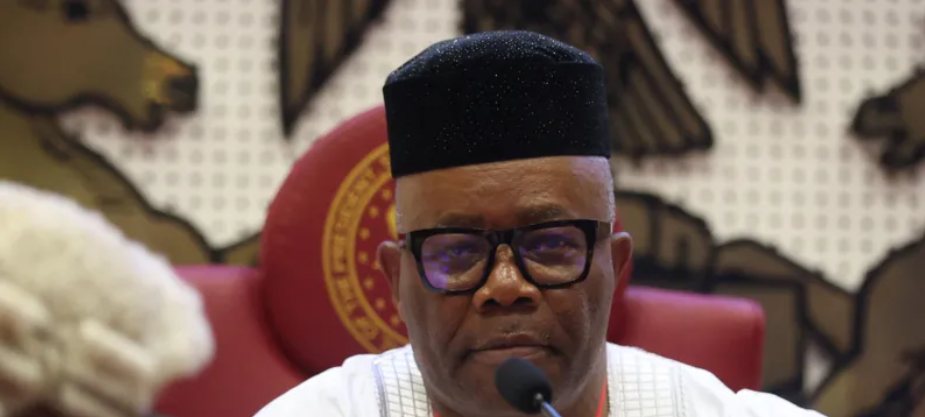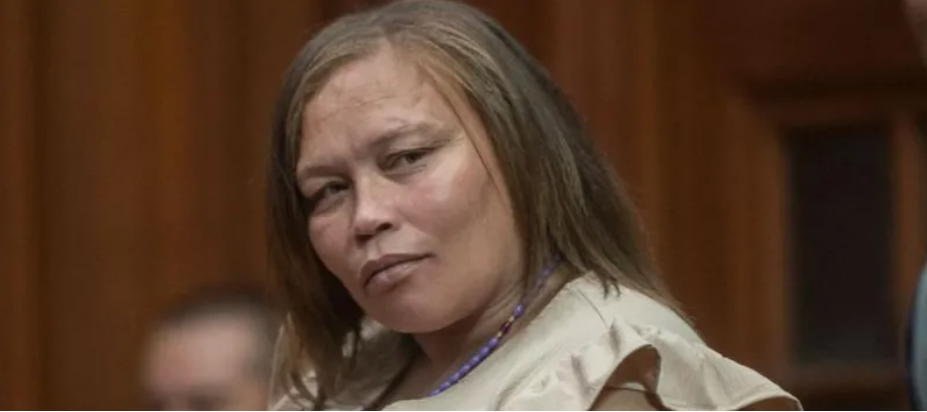
The Supreme Court of Equatorial Guinea has delivered a landmark ruling in the widely publicized #BalthazarEngonga scandal, clearing the prominent figure of all charges related to a series of explicit videos that sent shockwaves across the nation.
In a decisive verdict, the court ruled that all women featured in the over 400 explicit videos were consenting adults, dismissing allegations of coercion.
Additionally, the justices confirmed that Balthazar had not transmitted any sexually transmitted diseases to his partners, a critical point in his defense.
Adding another twist to the saga, several husbands of the women involved in the videos publicly expressed gratitude to Balthazar, claiming his actions exposed their wives’ secret lives.
These revelations have led to a wave of divorce filings, further escalating the scandal’s fallout.
Following his acquittal, Balthazar announced plans to sue those responsible for leaking the videos.
He accused the perpetrators of violating his privacy, causing irreparable harm to his reputation, marriage, and social standing.
“This gross invasion of privacy has devastated my life, and I will seek justice against those who orchestrated this malicious act,” Balthazar stated.
The case has sparked nationwide debate, raising complex questions about privacy, consent, and the ethical implications of exposing private lives in the public sphere.
As Balthazar’s legal team prepares to take action against the leaks, this sensational story continues to dominate public discourse, with no sign of fading from the national spotlight.
Content by: Cecil Mensah




